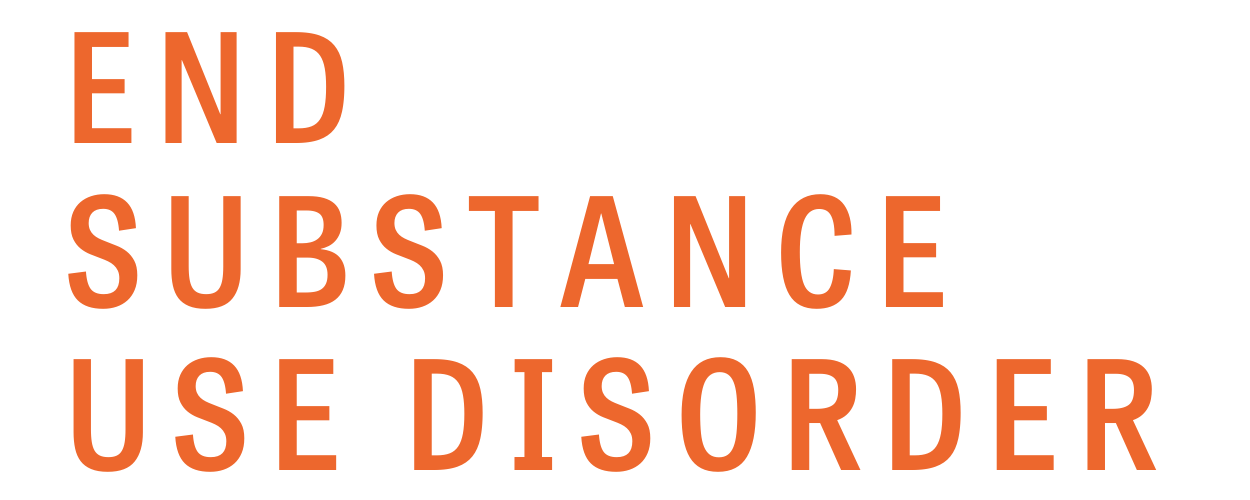End Substance Use Disorder Commends Launch of 988 Mental Health Crisis Line
This week, the U.S. Department of Health and Human Services and the Department of Veterans Affairs launched the 988 Suicide and Crisis Lifeline. The goal of the lifeline is to allow people experiencing a mental health crisis to call or text 988 and receive immediate access to support, similar to 911 for medical emergencies. End Substance Use Disorder released the following statement:
“Mental health emergencies and medical emergencies are the same. They are both life-threatening events that need an immediate response by trained professionals to keep our loved ones safe,“ said Erin Schanning, president of End Substance Use Disorder. “We commend the U.S. Department of Health and Human Services and U.S. Department of Veterans Affairs for launching the 988 lifeline and urge states to provide the funding needed to ensure that every call and text - every cry for help - is immediately answered with professional and trained care.”
When a person calls 988, they will be connected to a local crisis center. Many of these centers are underfunded so it is critical that states invest alongside the federal government to build the infrastructure needed to support the mental health and well-being of the nation.
The launch of the 988 lifeline comes after Congress passed a bill in 2020 authorizing the new service. The federal government previously supported the National Suicide Prevention Lifeline, but it had a 10-digit number that was hard to remember in a crisis.
Most people who experience a mental health emergency suffer alone or call 911. Often, law enforcement responds, which can traumatize people experiencing the crises and can be fatal. Nearly a quarter of fatal shootings by police involve people with mental illness. The goal of 988 is to provide a safer alternative to 911 that is built specifically to respond to the needs of people experiencing mental distress. The number will also enhance public safety by freeing up law enforcement and emergency medical personnel to respond to medical emergencies and crimes.
